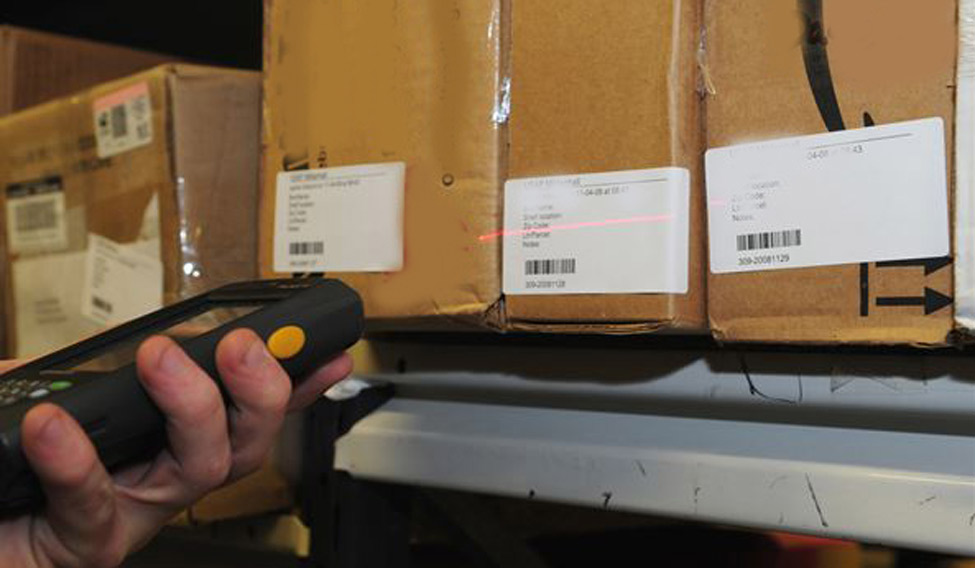An electronic consignment bill, bearing a barcode, much like the one you receive from courier companies is the key to implementing the unified and interstate Goods and Service Tax (GST) for goods transport from July 1.
“The e-way bill is important because it is the final nail in the coffin,” said Hasmukh Adhia, revenue secretary, explaining the importance of the piece of paper that truckers would carry along with a tracking chip while delivering the consignment.
“It will put an end to black market as we know it. The important thing is to ensure that there are also adequate physical verification of goods at important entry points as per the paper,” he said, citing the need for the document, as well as physical checks to verify the consignment on route to stop pilferage.
The crucial document had been a talking point in the 16th GST Council meeting and is likely to be on the agenda for the 17th GST Council meeting, chaired by Finance Minister Arun Jaitley.
In April, the council had circulated draft rules for approval of the states, but the feedback received from some states were not positive, even though the GST Network (GSTN) was asked to set up the required IT mechanism and conduct a trial.
Since then, the rules for framing e-way bills and its limitations such as booking all consignments above Rs 50,000, specifying minimum distance covered limit of 100 km in a day, have come under discussion for changed rules.
States have cited another major objection to the fact that the e-way bills would have to be validated online at border posts, which are often at remote areas where setting up telecom lines are time-staking.
The government has an idea of what it wants to achieve and this will be unveiled before state finance ministers in the upcoming GST Council meeting on June 18.
“If the solutions are simple it would be easier for everyone to adopt. If they are too complicated and full of technological challenges, then it will be difficult to agree to these rules,” said Haseeb Drabu, finance minister of the PDP-BJP alliance-ruled Jammu and Kashmir.
Traders in J&K as well as in the rest of the country are protesting the implementation of GST for higher tax rates and digital obstacles that are difficult to comply with for small and medium businessmen, who have minimum digital infrastructure,” said Rajat Mohan, director (indirect taxation) at legal firm Nangia & Co., citing the need to upload documents on the GSTN portal for consignees.






